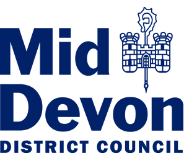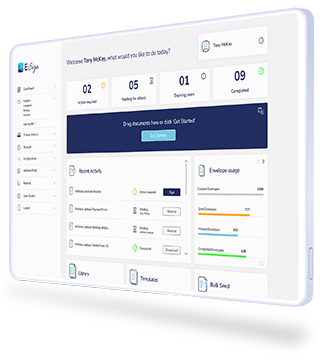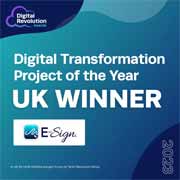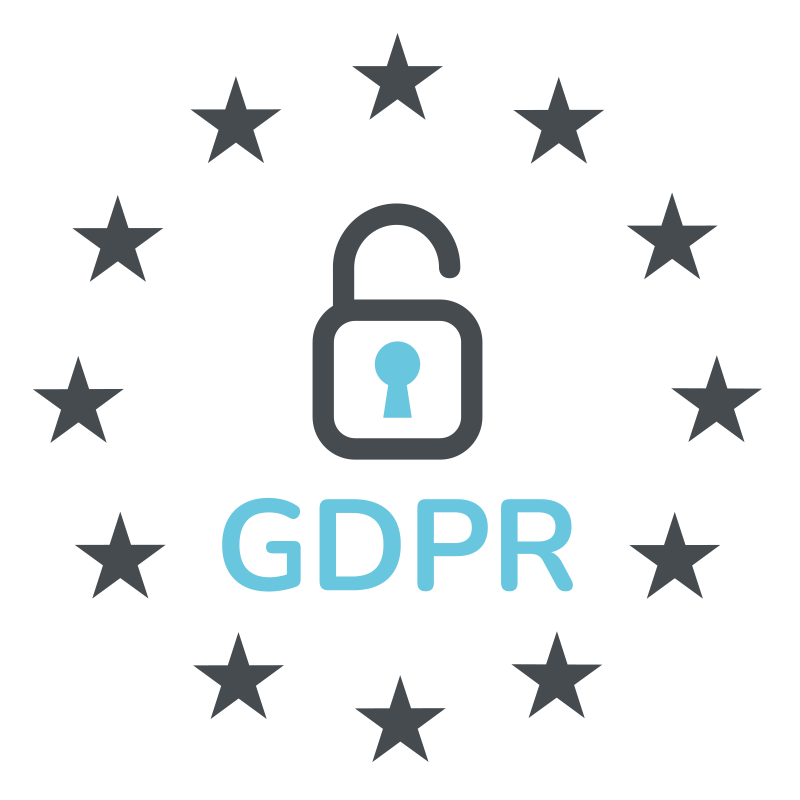The Legality of eSignatures in Russia
Explore the legality of electronic signatures in Russia and the laws and regulations that govern their use.

Trusted By
Are eSignatures Legally Binding in Russia?
Documents that can be signed electronically
Generally, any contract can be electronically signed in Russia if it falls under the category of documents that can be entered into in a simple written form (i.e. it doesn’t have any special requirements for it to be executed). A simple written form is typically permissible for any contract, except for specific types of contracts highlighted in the law.
Electronic signature guidance
Some types of documents such as transactions with real property require an enhanced qualified e-signature. In the event that the authenticity or validity of the signature is disputed, the party that wants to submit the e-signature might need to provide extra evidence to support the validity of the signature. For example, authenticating the signer, adding a tamper-evident seal to the document, and maintaining an audit log that captures all actions during the signing process. An enhanced qualified electronic (digital) signature is legally equivalent to a handwritten signature without the need for further proof.
Types of e-signature permitted in Russia
The main types of electronic signatures outlined for use in Russia by Federal Law 63-FZ are a simple electronic signature and an enhanced electronic signature. It’s important to note that there is a distinction between enhanced “unqualified” electronic signatures and enhanced “qualified” electronic signatures.
An unqualified signature is created through the cryptographic transformation of information using an electronic signature key. It:
- Identifies the signer,
- Enables the detection of any modifications to the document after it has been signed, and
- Is generated through basic e-signature methods.
A qualified signature meets all the requirements of a simple electronic signature and includes the following additional attributes:
- The e-signature verification key is specified in a qualified certificate of the electronic signature.
- The signature is created and verified using tools that comply with Federal Law 63-FZ.
These distinctions ensure that qualified signatures offer a higher level of security and legal assurance.
Notable legality changes since 2020
None.
Publicly Accessible Links to Laws/Regulations Discussed
Disclaimer
The content provided on this website is meant for general informational use only and does not constitute legal advice. Legal regulations on this topic can evolve rapidly, so E-Sign does not ensure that the information presented here is always up-to-date or accurate. If you have particular legal concerns regarding any details on this site, it is recommended that you consult with a licensed attorney in your jurisdiction.
Last Updated 9th October 2024




























